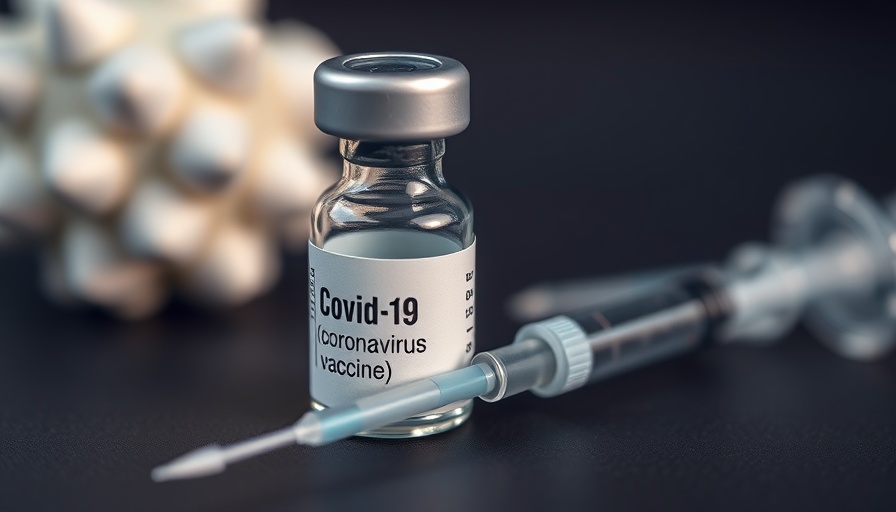
Understanding the Risks: Testosterone Therapy and Tendon Ruptures
Recent research has shed light on a concerning side effect of testosterone therapy, which has been linked to an increased risk of surgically treated tendon ruptures—over seven times higher than those not undergoing treatment. This alarming finding is critical for anyone considering testosterone therapy for conditions like low testosterone levels or age-related decline.
The Implications of this Study
This significant risk highlights the need for thorough discussions between patients and healthcare providers. While testosterone therapy can lead to improved libido, energy, and muscle mass, it also poses serious risks that shouldn't be brushed aside. Patients must weigh these benefits against the potential for severe injuries like tendon ruptures, which could drastically affect their quality of life.
Recognizing Signs of Tendon Injury
Understanding the symptoms of tendon ruptures is vital, especially for those on testosterone therapy. Signs may include sudden pain in the joint area, swelling, and difficulty moving the affected limb. Awareness can lead to prompt treatment, improving recovery outcomes.
Practical Insights for Patients
As a protective measure, patients may consider exploring less risky alternatives to testosterone therapy or opting for closely monitored treatment protocols that minimize the potential for tendon injuries. Regular consultations with healthcare professionals can help tailor a safe approach that considers individual health profiles.
The Role of Telemedicine in Managing Health
In light of the complexities surrounding hormonal treatments, telemedicine emerges as a valuable tool. Patients can conveniently consult specialists from the comfort of home, ensuring they receive expert advice and support. This approach fosters ongoing communication about risks, benefits, and alternative therapies, enhancing informed decision-making.
Community Connection: Supporting Each Other
As this topic is explored further, community support must play a role in addressing health concerns. Local wellness groups can provide valuable resources and encouragement for those considering or currently undergoing testosterone therapy. Sharing stories and insights can create safer health practices and compassionate dialogues.
Conclusion: Stay Informed, Stay Healthy
The insights from this study underscore the importance of staying informed about the potential risks associated with testosterone therapy. Ensuring open communication with healthcare providers and exploring all options, including telemedicine, can lead to safer treatment decisions. As individuals navigate their health journeys, community support can help foster resilience and understanding.
 Add Row
Add Row  Add
Add 




 Add Row
Add Row  Add
Add 

Write A Comment